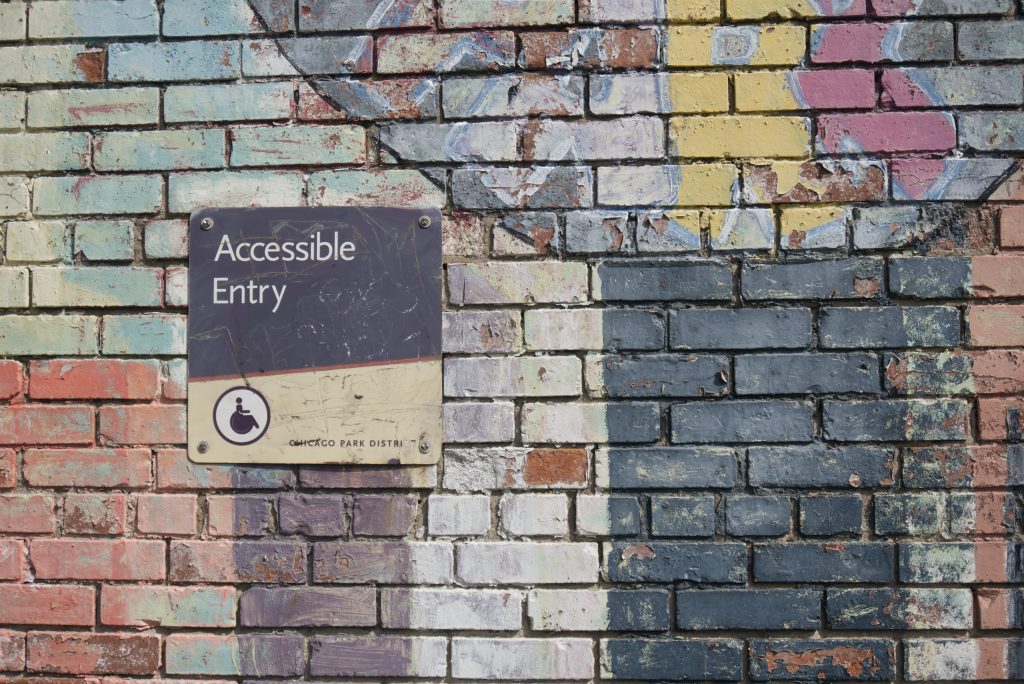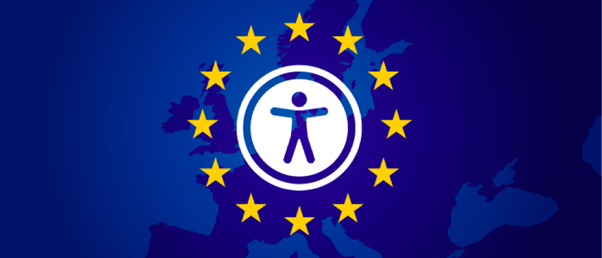Although there are a number of places who have adopted different standards into their accessibility laws, the Web Content Accessibility Guidelines remain the most well-known and have been named as the guidelines to follow in countries all around the world. This blog contains an overview of what digital accessibility regulations look like worldwide.
Digital Accessibility Laws Around the World





